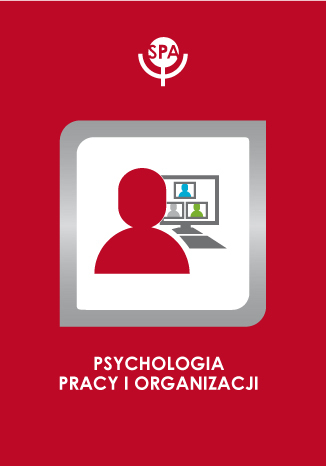Czego oczekują bezrobotni? Preferencje modelu pomocy doradczej

Elżbieta Turska
DOI:
Rocznik: 2008 Tom: 14 Numer: 1
Strony: 61-67
The article addressed problems associated with changes in the technical assistance model in the field of professional counseling. The three fundamental models – liberal, conversational and directive – have been described basing on the concepts of A. Kargulowa (2004) and B. Wojtasik (1998) and an empirical attempt has been made to recognise the preference of a particular model by the unemployed. This recognition of expectations and preferences is at the same time an attempt to diagnose specific needs of the unemployed and their potential abilities to deal with the contemporary labour market.









 Pobierz pełny tekst
Pobierz pełny tekst



